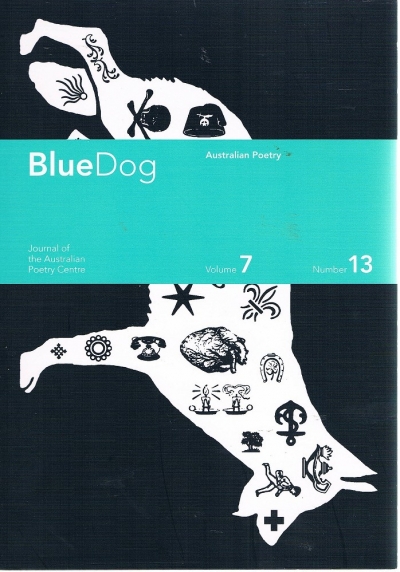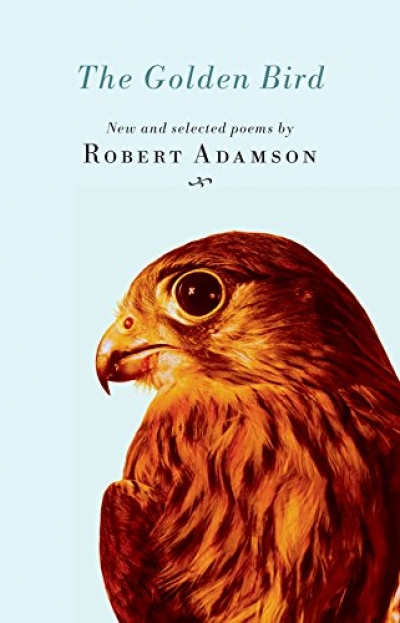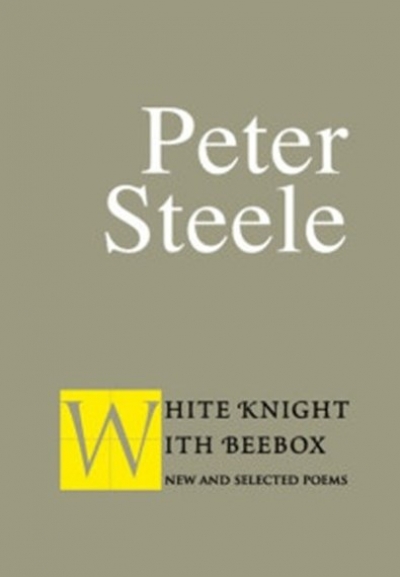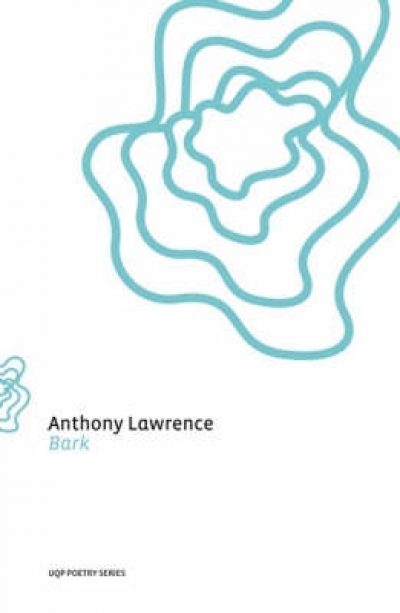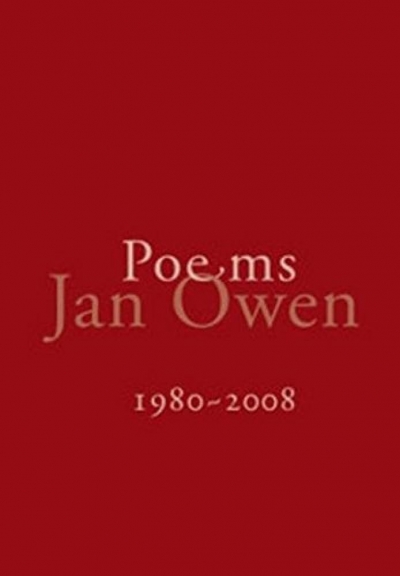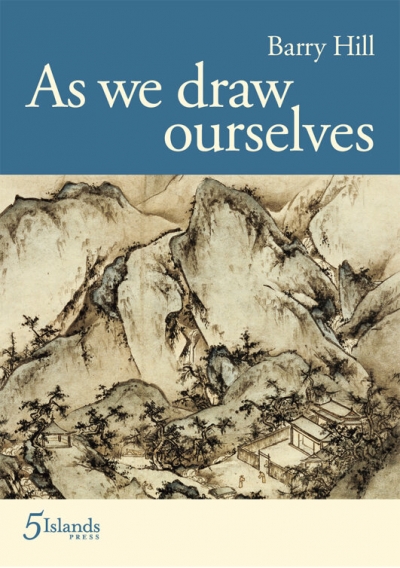Australian Poetry
White Knight with Beebox: New and selected poems by Peter Steele
There’s a sleechy smell here, grey frogs on the bank
like slurried earth, rotund toads hopping across lily pads,
grunting like sultans trying out cushions. Fish mouth
the surface with so many unsinkable O’s, and the larval
She trawls through reams of paper pinned in files,
stacked on shelves, heaved into the corners
of this study and other, larger rooms;
wades through spilling, perforated sheets
of printed data she cannot decipher
that concertina on the wooden floor,
stained with jam, sprinkled with old crumbs
and marked with tags that indicate some pattern
to his vanished thought – pained, slow research
that saw two hundred articles appear,
three or four a year, in august journals.
She knows the faintly sour smell of absence
that rooms so often hold after a death –
even a lonely life sweetens the air –
how furniture seems fixed when someone dies
If between one footfall and the next, the wind
can swivel and issue empty threats of rain,
for all we know this could be one of those days,
unpinpointable even in retrospect,
when a dimly held belief begins to melt,
say the belief that it’s somehow generous
to assume that everyone’s rather like you.
An open-ended day promising nothing,
but just as full of zipjams, language splashes
and thixotropic flows, lost somewhere between
the day you realised you wouldn’t always
have to pretend to be interested in X
(opera, hot cars, Buffy Summers, poetry)
Who exactly is available to tell us the story of our minds?
If I dream of an estuary called ‘Ephemeral Waters,’ an optimum of spectral love
anyone might allude to their misgivings. Or it’s interpersonal, the tide finds
its way round the three islands, flowing away from negative emotions, some remove
their shoes at the door, others talk of auras, or the portals of youth, the mark

